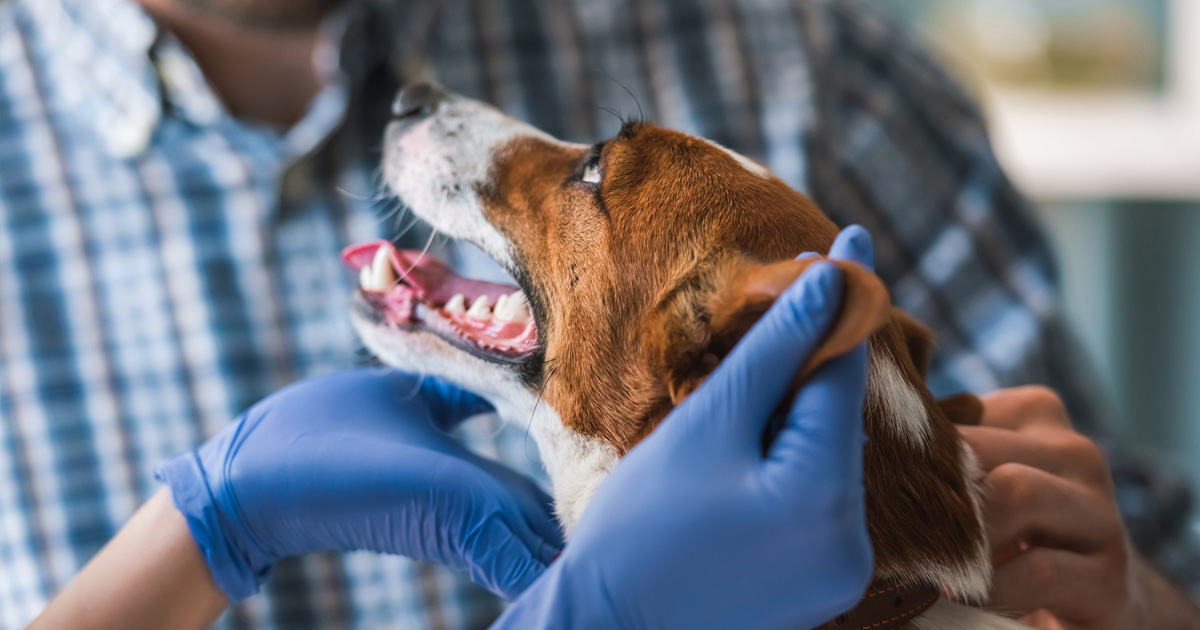Geriatric Diagnostic Package

Helping your aging pet stay healthy, comfortable, and by your side longer.
What’s Included in the Geriatric Diagnostic Package?
Our geriatric diagnostic package is designed to support pets as they age and help detect common health issues early. It includes:
- Diagnostic Screening Radiographs (Chest and Abdomen): These help to detect any heart, lung, thoracic, or abdominal changes. Includes board-certified radiologist review.
- Blood Pressure Evaluation
- Electrocardiogram (EKG): Detects heart arrhythmias (abnormal heart rhythms)
- Complete Blood Cell Count (CBC) and Serum Chemistry: Determines internal organ function
- Urinalysis: Checks for urinary tract infections and kidney function
- Other Metabolic & Organ Tests: SDMA (kidney) and T4 (thyroid)
- Holistic and complete evaluation of your pet’s health based on information provided by the pet parent and diagnostic results.
- Treatment plan development with the pet parent in mind to help your aged pet not just live but thrive in their late years.
It’s recommended that these evaluations be done at least annually, with a 6-month physical exam between workups. More frequent visits may be recommended if your pet has a chronic medical condition.
What Pet Parents Ask Us Most
This answer depends on the size of your dog.
- Small dogs are considered senior at 11-12 years of age.
- Medium dogs are considered senior at 10 years of age.
- Large and giant breed dogs are considered seniors at 8 years of age.
A pet is considered geriatric when they become frail and develop a caretaker burden.
Geriatric status isn’t just about age—it’s about how aging affects your pet’s body. We start to see signs like reduced mobility, weight changes, organ function shifts, or cognitive decline. Even if your pet seems fine, subtle changes could be happening internally, which is why regular senior checkups are so important.
At this stage, our goal is to identify and manage these changes early so your pet stays comfortable, happy, and by your side for as long as possible.
Just like people, pets’ health needs change as they age and many of those changes happen beneath the surface, long before you see outward signs.
A senior care visit allows your veterinarian to detect early signs of age-related conditions such as arthritis, kidney disease, heart issues, or hormonal imbalances. These visits include diagnostics like bloodwork and urinalysis, which help us assess how well your pet’s internal organs are functioning.
Why does this matter?
Because early detection means better outcomes. Catching issues early often means we can manage them with lifestyle changes, supplements, or medications—helping your pet feel better and stay active longer.
Yes. 1 in 5 pets over the age of 7 are living with a chronic condition like arthritis, kidney disease, or heart disease. Many of these conditions develop slowly and silently, with no obvious signs at home. Pets are experts at hiding discomfort, so by the time you notice something’s wrong, the condition may already be advanced.
Even if your pet seems perfectly healthy, these visits are a proactive way to ensure nothing is missed. Think of it like routine maintenance—helping us extend your pet’s good years, not just treat problems when they arise.
There are several ways to know if your dog is experiencing pain. Some signs are obvious, and others can be very subtle.
- Decreased activity levels
- Lethargy or extreme tiredness
- Excessive licking (often at the site of pain)
- Restlessness or pacing; can’t get comfortable
- Vocalizing (crying, whining, whimpering)
- Aggression or hiding behavior
- Decreased appetite or anorexia (refuses to eat)
- Limping
- Changes in body position or reluctant to jump on/off furniture or use stairs
- Shaking or trembling
- Panting
- Inflammation: Swelling, redness, heat, painful to touch
We recommend checking out our Care Guide for Geriatric Pets and other resources on our blog.


